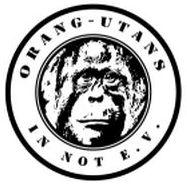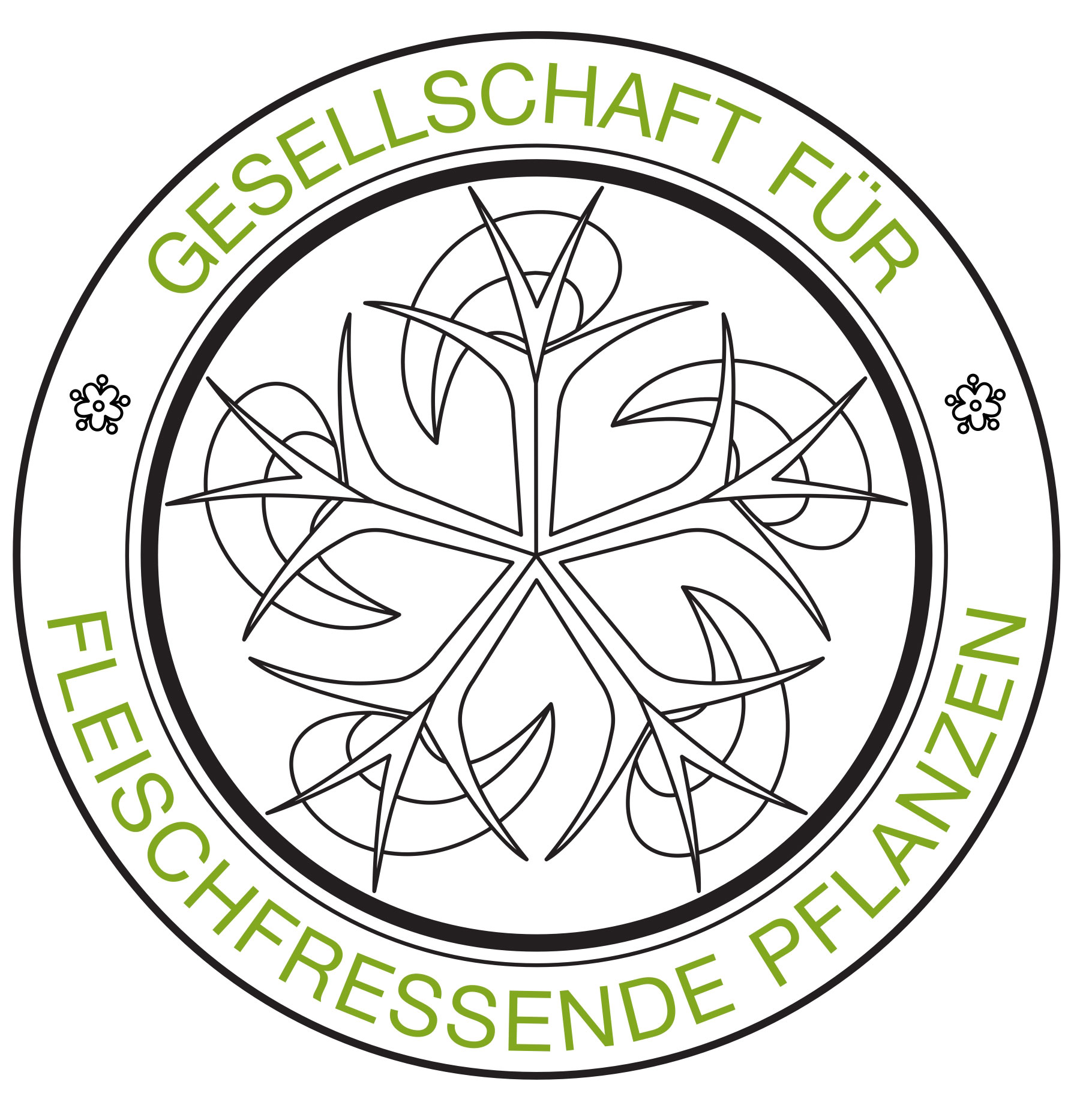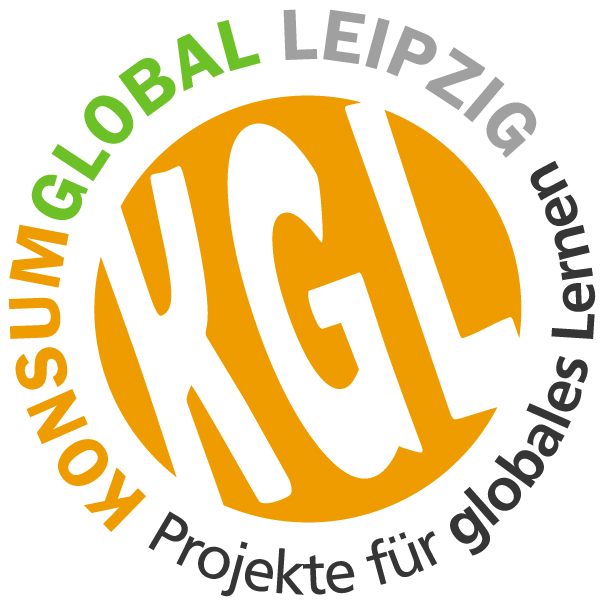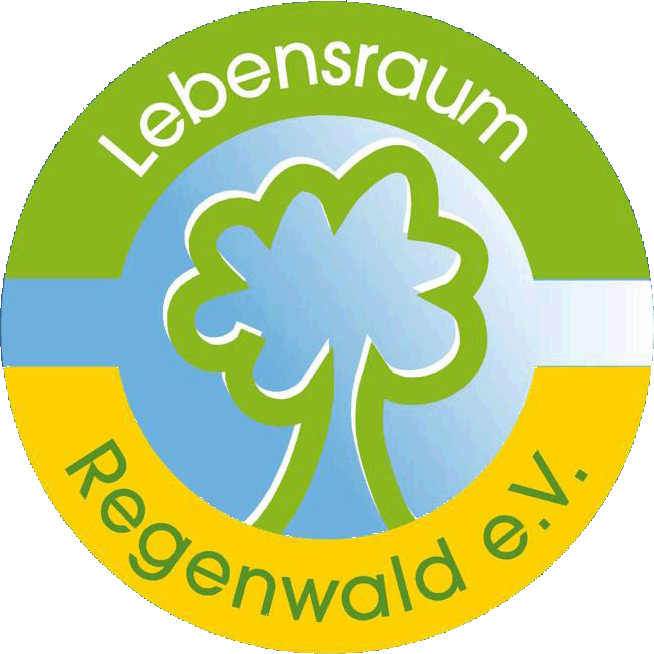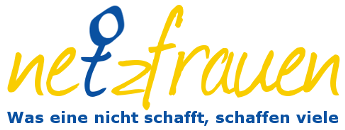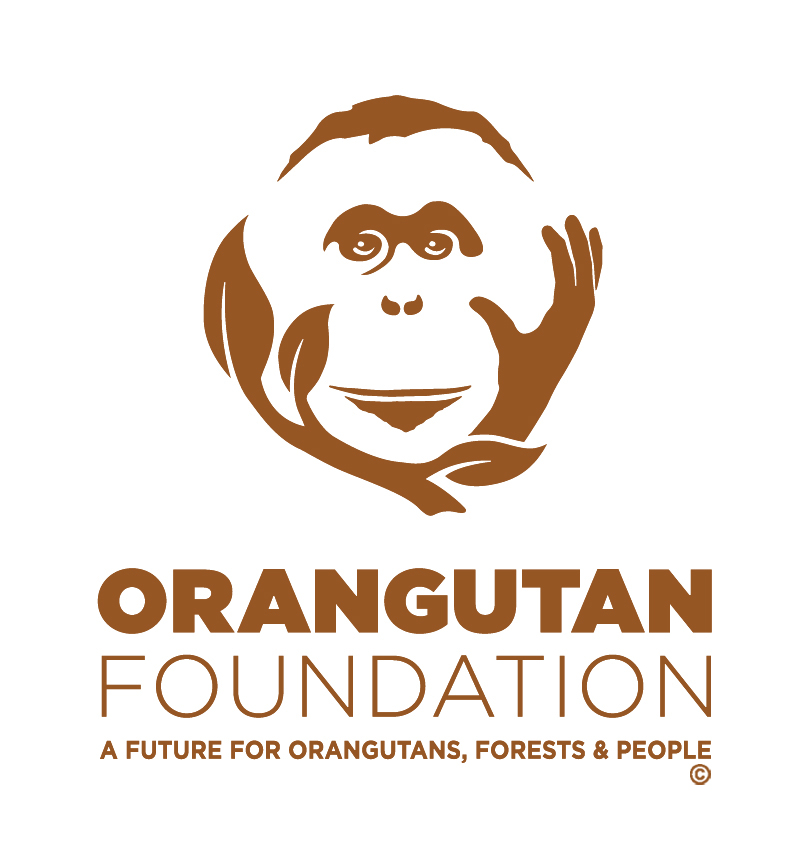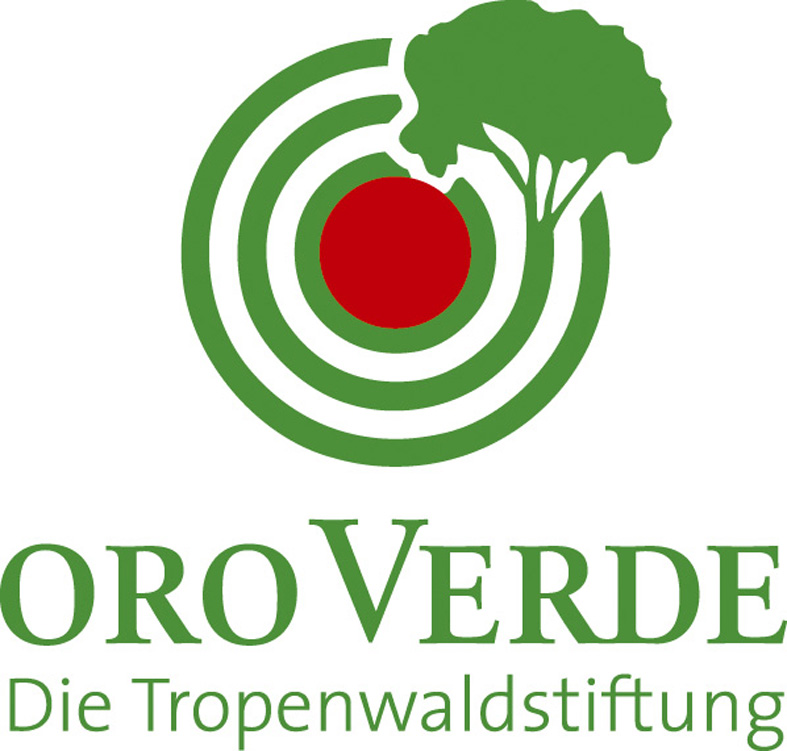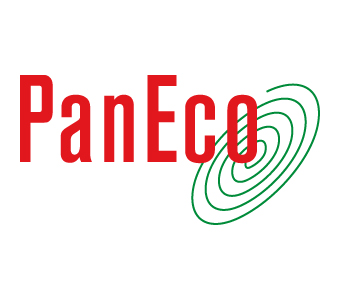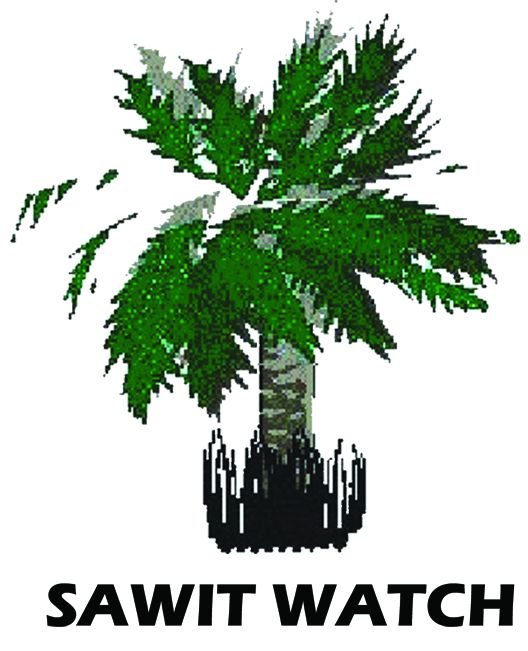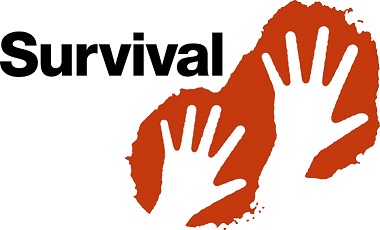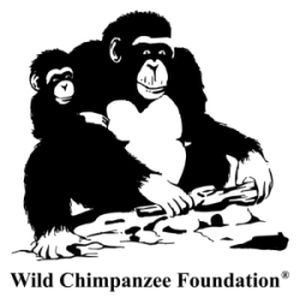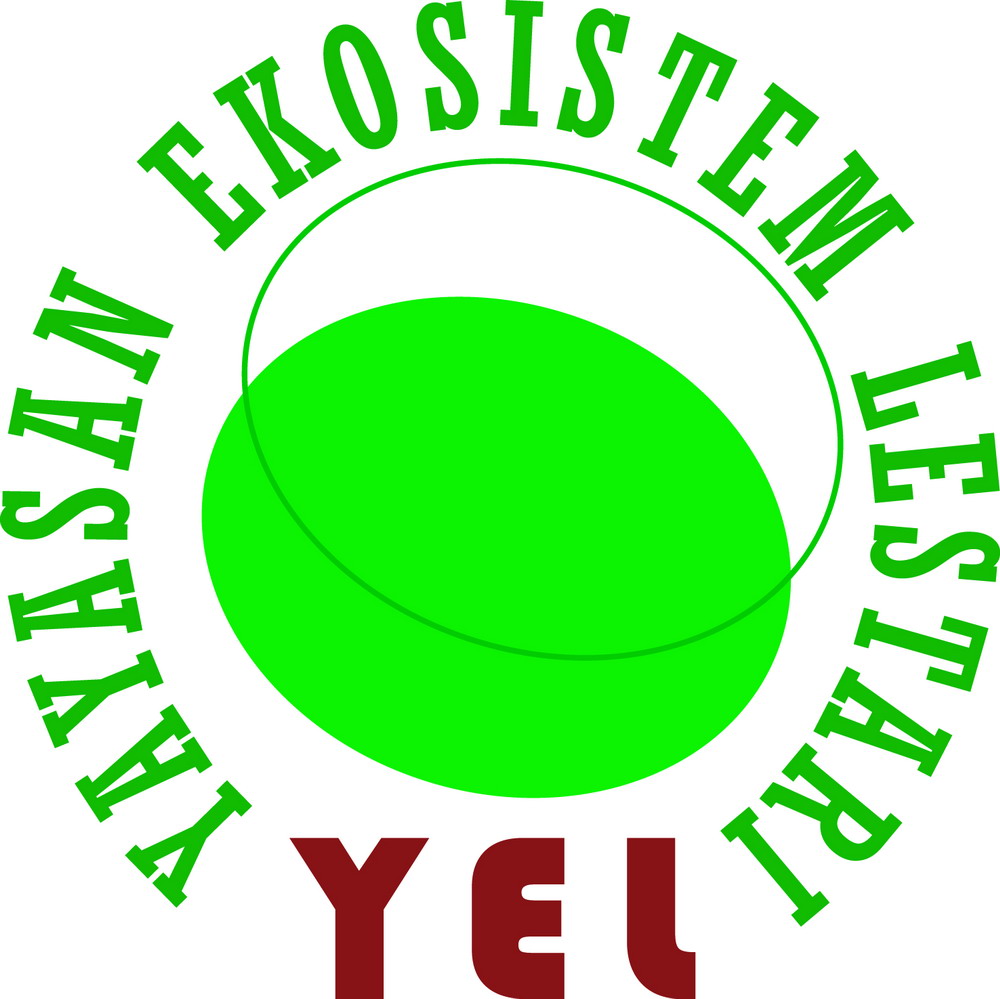About us
We are an action alliance of non-profit organisations acting for the protection of nature and human rights.
In our work, we are confronted daily with the disastrous consequences of the cultivation of palm oil. We are combining our skills to take action against this irresponsible destruction of nature and the human rights violations related to it.
In this we are supported by the following organisations.
Core group
|
|
Orang-Utans in Not e.V.The non-profit organisation "Orangutans in Peril" has the protection and conservation of the last wild orangutans in Borneo and Sumatra as its goal. These are threatened with extinction primarily by the destruction of their habitat for palm oil plantations. The charity raises funds for orangutan sanctuaries, orangutan reintroduction and rainforest reforestation on Borneo and Sumatra. Another focus is on environmental education in Indonesia (environmental education centres) and in Germany (kindergartens and schools). |
|
|
Watch Indonesia!"Watch Indonesia!" is a non-profit organisation that advocates the protection of human rights, democracy and the environment in Indonesia and East Timor. |
Supporting organizations
Through networking, the organizations supporting the action alliance aim at making the palmoil problem more visible, at bundling their forces and at pushing social and political change. Moreover, the action alliance serves the supporting organizations as a forum for finding supporters for their own activities.
 |
Berggorilla & Regenwald Direkthilfe e.V.B&RD focuses on the survival of gorilla populations that are particularly at risk. These include the Cross River Gorillas, the smallest gorilla sub-species, to be found at the Nigerian/Cameroonian border. There are only 250-300 Cross River Gorillas left. This makes them one of the most endangered primates. |
 |
Bonobo alive e.V."Bonobo Alive" is a non-profit organization aiming at the protection of bonobos and their habitat in the southwestern part of the Salonga National Park in the Democratic Republic of Congo. In the DR Congo there are the largest African rain forests. The traditional way of oil palm cultivation here constitutes an integral part of the rural population's cultural identity and an important nutritional factor. We hope that it stays like this and is not destroyed by the commercial interests behind industrial palmoil production. These huge plantations threaten not only an important nutritional resource of the local population but also the invaluable rain forest resource.
|
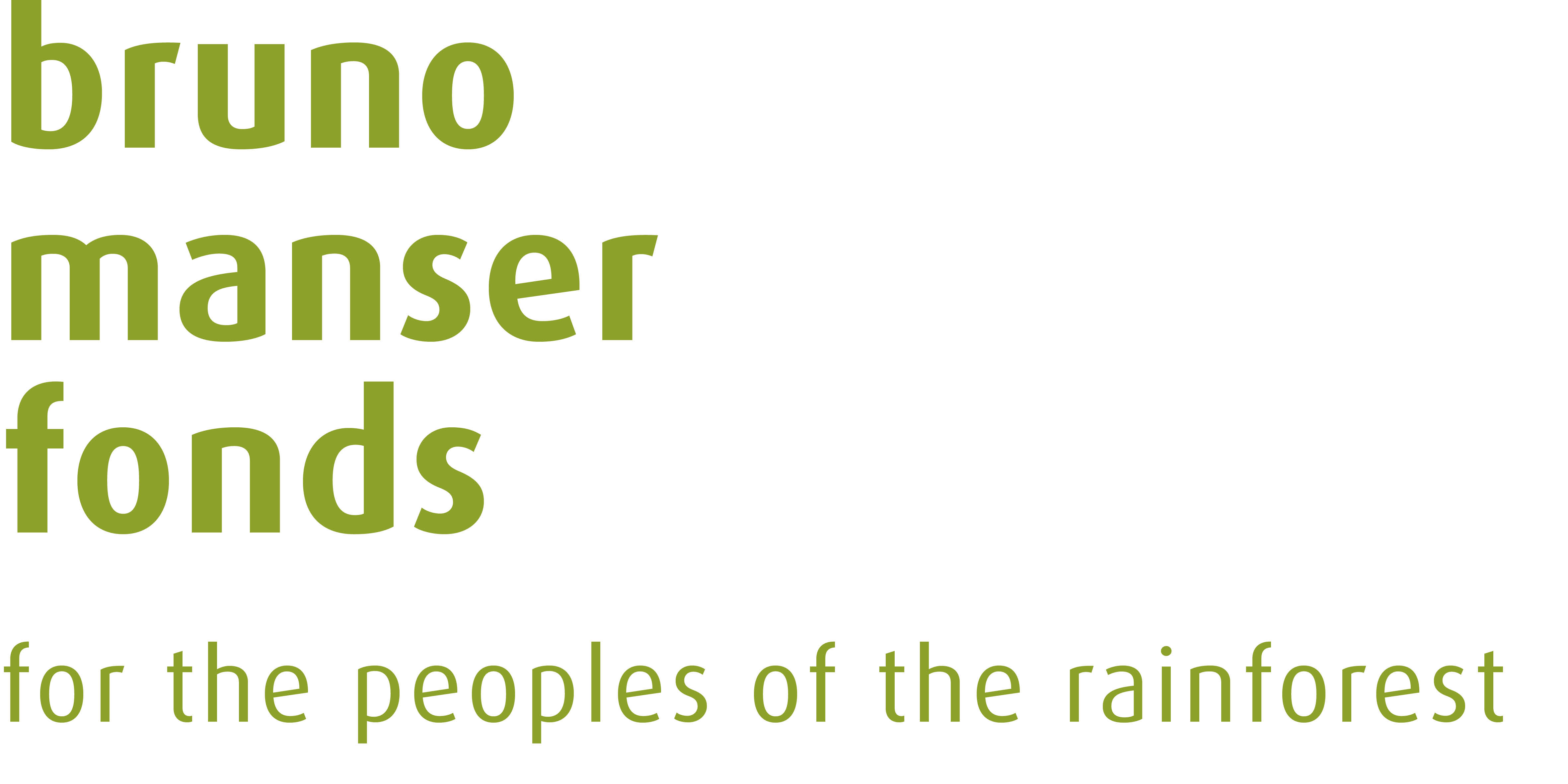 |
Bruno Manser FondsThe Bruno Manser Fund stands for fairness in the tropical forest. We are committed to campaigning for the conservation of the threatened tropical rainforests with their biodiversity and strive for the respect of the rights of the rainforest dwellers. In consideration of the fact that the founder and long-standing chair, Bruno Manser, spent many years living with the Penan in the Malaysian federal state of Sarawak on Borneo, we are primarily committed to working for this people and for the protection of the Sarawak forests. |
 |
CHIMFUNSHI e.V.We support the oldest and largest chimpanzee reserve in the world, the Chimfunshi Wildlife Orphanage in the north of Sambias. Chimfunshi provides a home for chimpansees rescued from poachers and illeagal trade. Most of them are injured and traumatised and need intensive care. As soon as they are in good health, they are carefully integrated into one of the chimpanzee families in outside enclosures of up to 150 hectares. Investors have discovered the tropical forests of Africa and want to replace them with palmoil plantations. This endangers not only the great apes that are already threatened by extinction but all humans, animals, and plants in the areas affected. It has consequences for biodiversity and the ecosystem as such. Therefore we support the action alliance "Rainforest instead of palmoil".
|
| |
Eine Welt e.V. LeipzigThe association Eine Welt e. V. Leipzig was founded in October 1990 by dedicated individuals and church youth groups within the democratic movement in the GDR. Today it is a major player in the development cooperation in Leipzig and the surrounding areas. We aim at reaching as many people as possible (and especially children and teenagers) with regard to development cooperation and peace policy. We discuss current global developments and offer alternative courses of action. Our core concerns are a sustainable and fair distribution structure and a politically attentive civil society. These goals are also reflected by our long-term partnerships with countries in central and eastern Europe as well as overseas. Our shops and the affiliated fair trade serve as an example of this aspiration. |
|
|
Society for Threatened peoples (STP)The Society for Threatened Peoples (STP) is an international human rights organization that advocates for threatened ethnic and religious minorities, nationalities and indigenous communities. In Indonesia, Malaysia and Colombia indigenous peoples are threatened in their existence by the expansion of palm oil production. We document human rights violations caused by the palm oil boom and give a voice to its victims. |
|
|
Gesellschaft für Fleischfressende Pflanzen e.V. (G.F.P.)The G.F.P. is a community of private persons, botanical gardens, scientific institutions, and commercial enterprises. The registered charity aims to spread knowledge and information on carnivorous plants and their habitats. In addition, the G.F.P. works for the protection of these habitats as they often are especially threatened by destruction. |
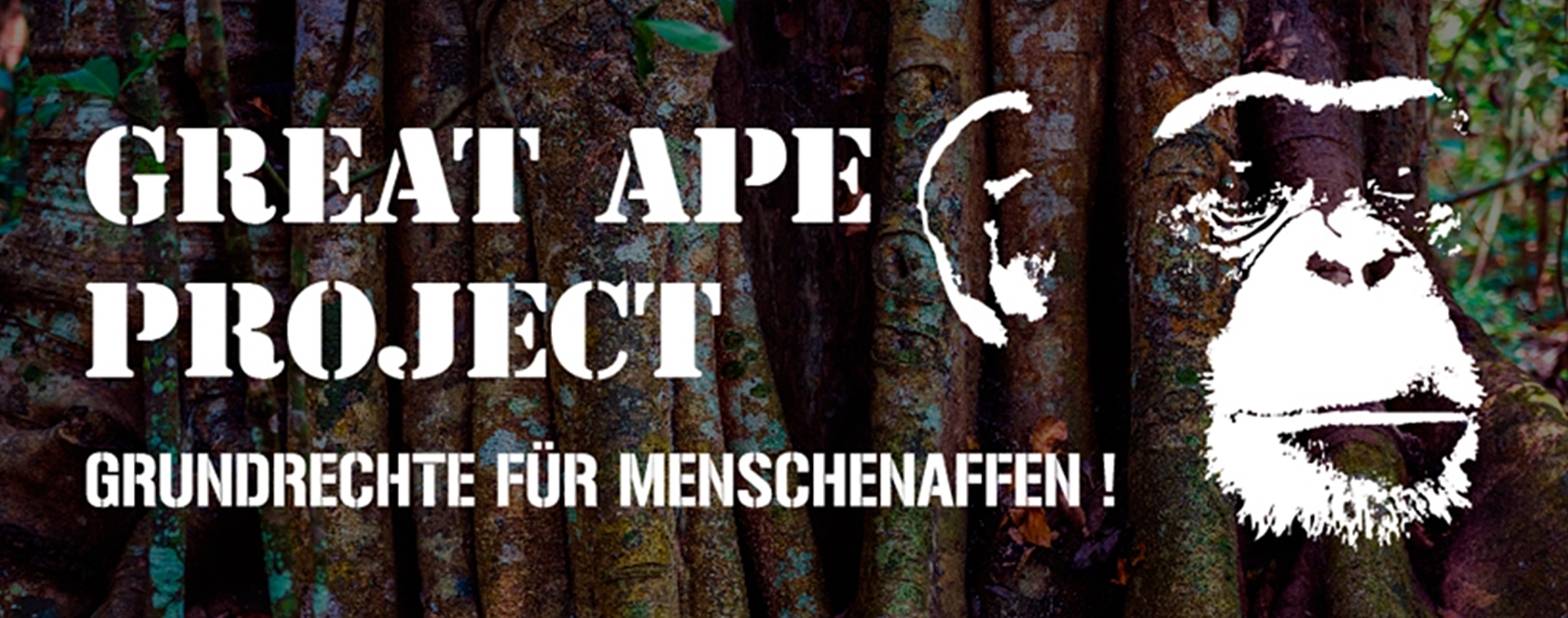 |
Great Ape ProjectThe Great Ape Project was initiated in 1993 by the philosophers Paola Cavalieri and Peter Singer. Given the great ape’s genetic similarity to humans, as well as their similarly complex cognitive, affective, and social abilities, the project aims at granting the great apes (chimpanzees, gorillas, orangutans, and bonobos) fundamental rights that so far have been reserved to humans only. These are the right to life, the right to individual liberty, and the right to physical and mental integrity. These are relevant for practically all cases of interaction between humans and great apes: hunting, catching in the wild, circuses, zoos, animal testing, and habitat destruction (for instance, for palm oil plantations). The Great Ape project aims at conferring on the great apes the same moral and legal status as is granted to humans. There is no reasonable cause to deny it to them.
|
|
|
Konsum Global LeipzigKonsum Global Leipzig - Global learning in Leipzig, Germany - is a project of the Leipzig charity Weltoffen. |
|
|
Lebensraum Regenwald e.V.The charitable conservation organization „Lebensraum Regenwald“ aims at protecting the rainforest in its biodiversity as a habitat for humans and animals alike, at restoring damaged rainforest, and at raising awareness for the catastrophic consequences that the cultivation of biofuels has for the rainforests, its inhabitants and eventually for us.
|
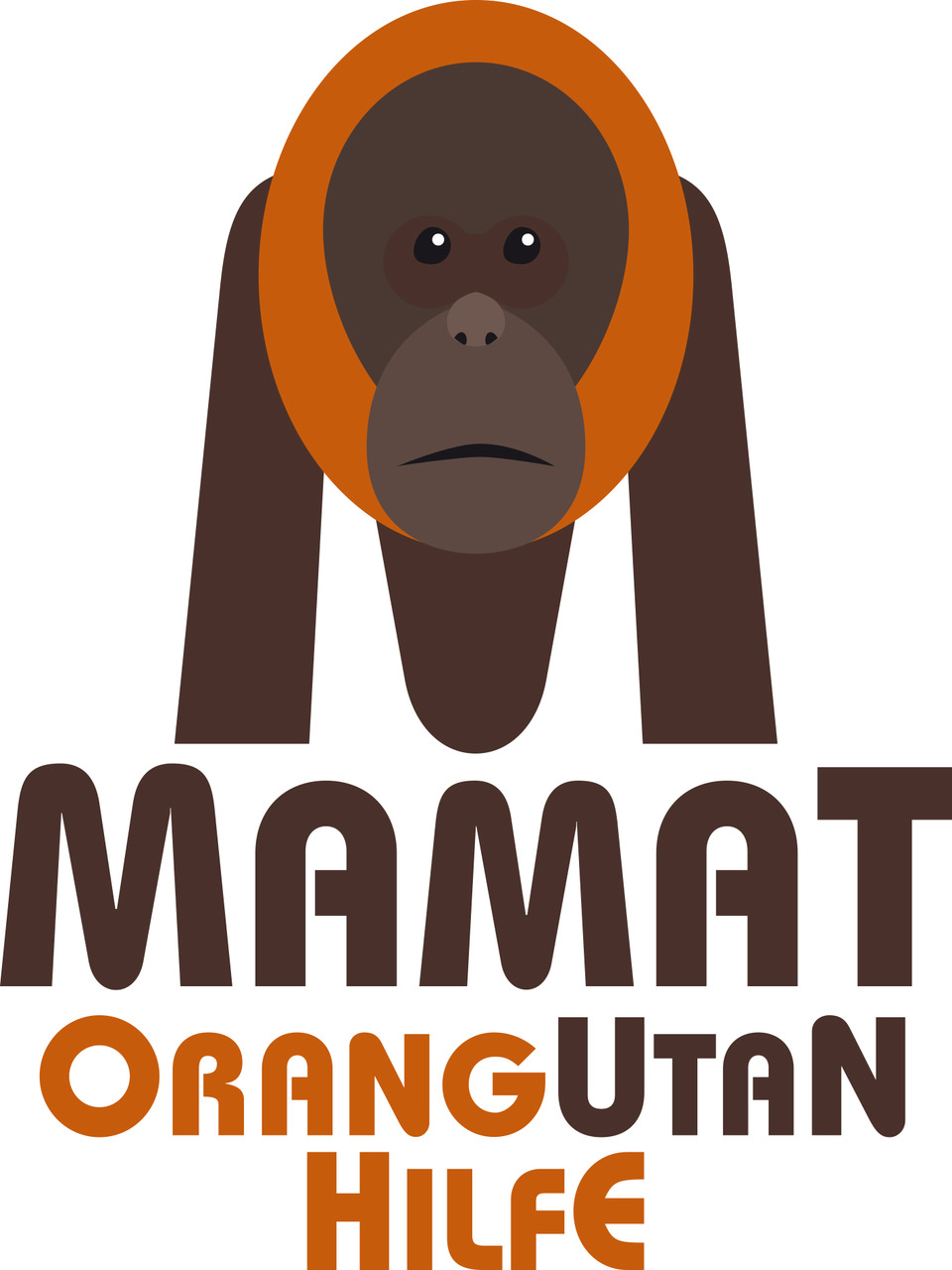 |
Mamat Orang Utan HilfeEach one of us can contribute a lot to help preserve the habitat of the orangutans (and of many other species). We want to inform, to raise awareness, and maybe to even influence the consumers behaviour of our fellow men. Our association, based in Vienna, exclusively supports the Sintang Orang Utan Center in the southwestern part of Borneo. There, orphaned or sick orangutans are taken care of, nursed back to health,
|
 |
Naturefund e.V.Naturefund is a nature conservation organisation, whose aim is to buy land for nature and protect habitat for the great variety of species. Over just a few years Naturefund has already purchased meadows, forests, wetlands and a lake and planted almost 300,000 trees. The destruction of habitat causes a great deal of damage to a whole host of species. Buying land is one of the most secure and also often one of the quickest ways of protecting an area of nature. Through the buying of land as well as the co-operation with local partners we are able to ensure that nature can develop undisturbed for the foreseeable future. Naturefund is currently reforesting in the Tunari National Park in the highlands of Bolivia and in Costa Rica.
|
 |
Naturwelt.orgIt's important for me to raise people's awareness of the problems of nature. For this, I rely on the domino effect: If each of us encourage someone else to rethink their behavior, we can trigger a chain reaction. A fundamental rethink now (!) is existential for all of humanity. So please, help to save Mother Nature and her creatures. In doing so, we are saving ourselves. |
|
|
Netzfrauen.orgThe "Netzfrauen" want to inform and to exchange information. We fight to make sure that our wonderful planet stays worth living on for all of us. This includes the protection of the rainforests, the green lung of our planet, which i.a. are destroyed to make space for huge palm oil monocultures.
|
|
|
Orangutan Foundation (UK)The Orangutan Foundation is the foremost orangutan conservation organization, saving orangutans by protecting their tropical forest habitat, working with local communities and promoting research and education. Our approach goes beyond that of purely protecting orangutans. It recognizes that orangutans are essential to their habitat, which is unique in its rich biodiversity and is crucial for local communities, who are as dependent on the forest as the orangutans. |
|
|
OroVerde - Tropical Rainforest FoundationThe OroVerde Foundation aims at preserving the tropical rainforests of this world with their biodiversity and their role in climate regulation. OroVerde initiates, designs and financially supports local projects. These projects are carried out by carefully chosen and reliable local partners. OroVerde specialists continuously provide support and control the use of funds. The principal focus lies on reforestation, environmental education, introduction of forest-friendly commerce, establishment of protected areas – with an emphasis on helping others help themselves. In Germany the emphasis is on environmental education on rainforests, especially on the drivers of climate change (for instance, palm oil) and on the advancement of sustainable consumption.
|
|
|
PanEcoIn 1996, after decades of personal commitment for the rainforest and the orangutans of Sumatra, the biologist Regina Frey set up the Swiss Foundation PanEco. The foundation's range of activities has been growing since. The objective, however, has stayed the same: Protection of endangered animals and their habitat as well as the promotion of environmental education in Switzerland and Indonesia. PanEco aims at the preservation of natural diversity, at a responsible and sustainable interaction with the environment and at fighting the causes of climate change. To reach these goals, PanEco conducts own projects and in addition closely collaborates with local partner organizations by providing specialist and financial support. |
|
 |
Phyllodrom – Museum und Institut für Regenwaldökologie e. V.The Phyllodrom is a non-profit organization that aims at supporting the research on and the protection of rain forests worldwide. In addition, it provides environmental education with a focus on rain forest ecology. The Phyllodrom works in a "living" museum that in addition houses a comprehensive library as well as natural history and ethnographic collections. The expansion of palmoil plantations especially in Indonesia and Malaysia is causing an immense rain forest destruction. The Phyllodrom contributes to raising public awareness of the connection between our consumption, rainforest destruction and the consequences for global climate.
|
|
|
Save the drill / Rettet den Drill e.V.Drills (Mandrillus leucophaeus) are among Africa’s most endangered mammals, and are listed by the IUCN as the highest conservation priority of all African primates. Drills are only to be found in Cross River State in Nigeria, Southwest Cameroon and on the Island of Bioko. Their entire range is less than 30,000km², an area smaller than Switzerland. Their forest habitats are under pressure from the wood and palm oil industries, which pushes them to live in isolated forest patches that do not allow genetic exchange and thus bear the danger of inbreeding. |
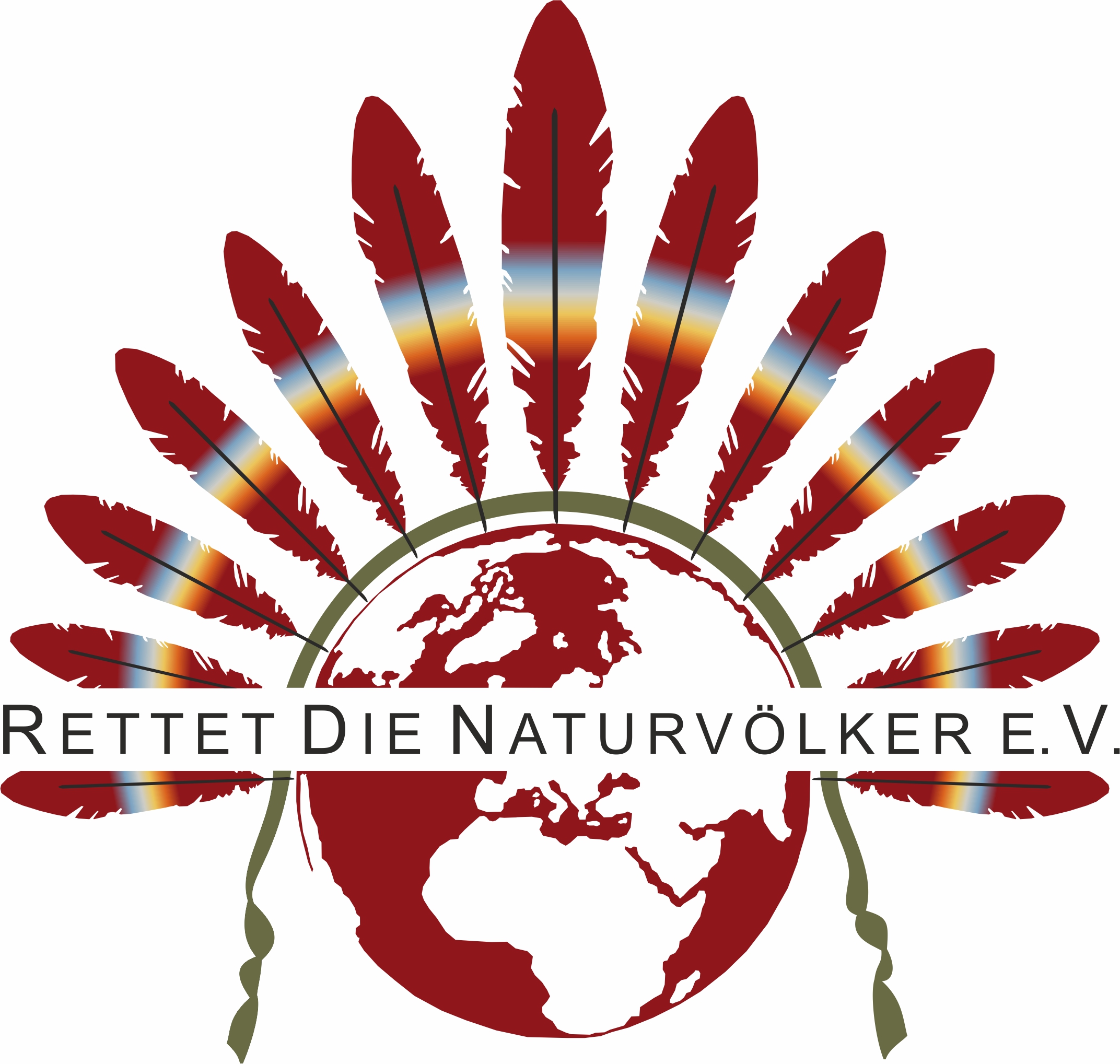 |
Rettet die Naturvölker e.V. (RdN, Save peoples close to nature)Save peoples close to nature is a human rights organization working to protect indigenous peoples. We have partners in Paraguay, St. Vincent & The Grenadines, Tanzania and Malaysia. The main emphasis of our work lies on the protection of land rights of indigenous peoples. Protecting indigenous peoples in the rainforest is the most effective way of protecting the forest too. The forest is the basis of their existence, and it is threatened, amongst other things, by the cultivation of oil palms in huge plantations. Indigenous peoples accumulated an enormous amount of knowledge about the forest, which is passed on orally from generation to generation. They can provide information about the state of the forest to conservationists, and they will continue to live in symbiosis with the forest as long as their existence is not threatened by deforestation. Indigenous peoples do not have words for sustainability, because they themselves are sustainability.
|
|
|
Sawit WatchSawit Watch is a network which focuses on the rapid expansion of palm oil plantations in Indonesia and on its consequences. The network was founded in July 1998, and presently Sawit Watch has 144 individual members in 17 provinces, evolving its local, national and international networks. Sawit Watch envisages social changes for smallholder farmers, workers, and indigenous people towards ecological justice. The organization provides information and capacity building for people and organizations affected by palm oil, works towards conflict resolution and political improvements as well as towards creating synergies among people affected by palm oil. |
|
|
Survival InternationalWe are Survival, the global movement for tribal peoples’ rights. We are the only organization that champions tribal peoples around the world. We help them defend their lives, protect their lands and determine their own futures. Tribal peoples have developed ways of life that are largely self-sufficient and extraordinarily diverse. Many of the world’s staple crops and drugs used in Western medicine originate with them, and have saved millions of lives. Even so, tribal peoples are portrayed as backward and primitive simply because their communal ways are different. Industrialized societies subject them to genocidal violence, slavery and racism so they can steal their lands, resources and labor in the name of ‘progress’ and ‘civilization’.
|
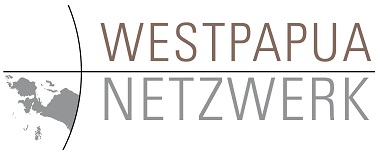 |
West Papua NetworkThe West Papua Network (WPN) conducts advocacy and public relations work in Germany for human rights and peace in West Papua, Indonesia. The indigenous population suffers from violence by security forces, racism, discrimination and marginalization. Land grabbing deprives indigenous Papuans of their sustainable livelihoods, brings them into daily wage dependency and leads to conflicts between communities and with security forces. The WPN, together with its partners, documents this situation and opposes palm oil plantations.
|
|
|
Wild Chimpanzee Foundation e.V.The aim of the WCF is to enhance the survival of the remaining wild chimpanzee populations and their habitat, the tropical rain forest, throughout tropical Africa. We hope to reach this goal for 20-25’000 chimpanzees in the 17 countries in which they still exist in fairly intact habitat and to cover thereby the behavioral diversity of the species, still widely unknown today. Unfortunately also in Africa more and more palmoil plantations are planted not for the local population but for export purposes and large rainforest areas are destroyed. We are not willing to accept this.
|
|
|
Yayasan Ekosistem LestariYayasan Ekosistem Lestari (Sustainable Ecosystem Foundation) is an Indonesian NGO promoting biodiversity conservation and sustainable development in northern Sumatra. YEL implements the Sumatran Orangutan Conservation Programme (SOCP) whose goal is to prevent the extinction of Sumatran orangutans by working to confiscate and reintroduce illegal pets, to protect their habitat, to study and monitor the remaining wild population, and to increase understanding of environmental issues.
|



